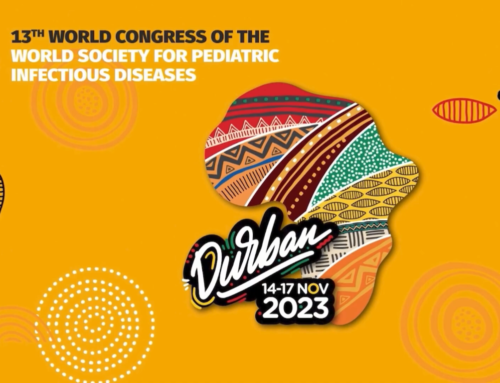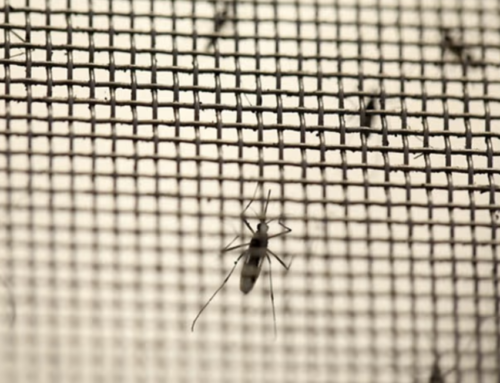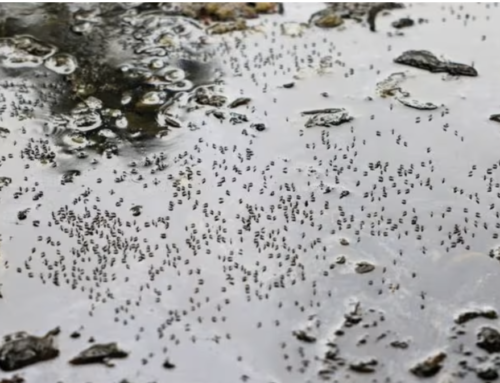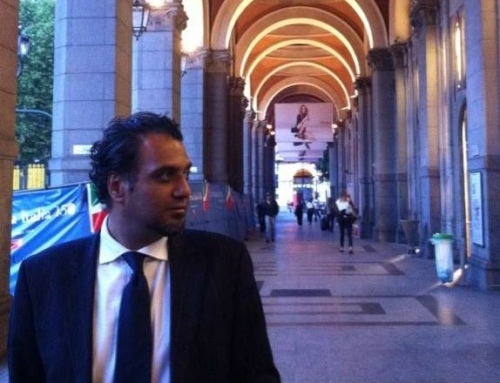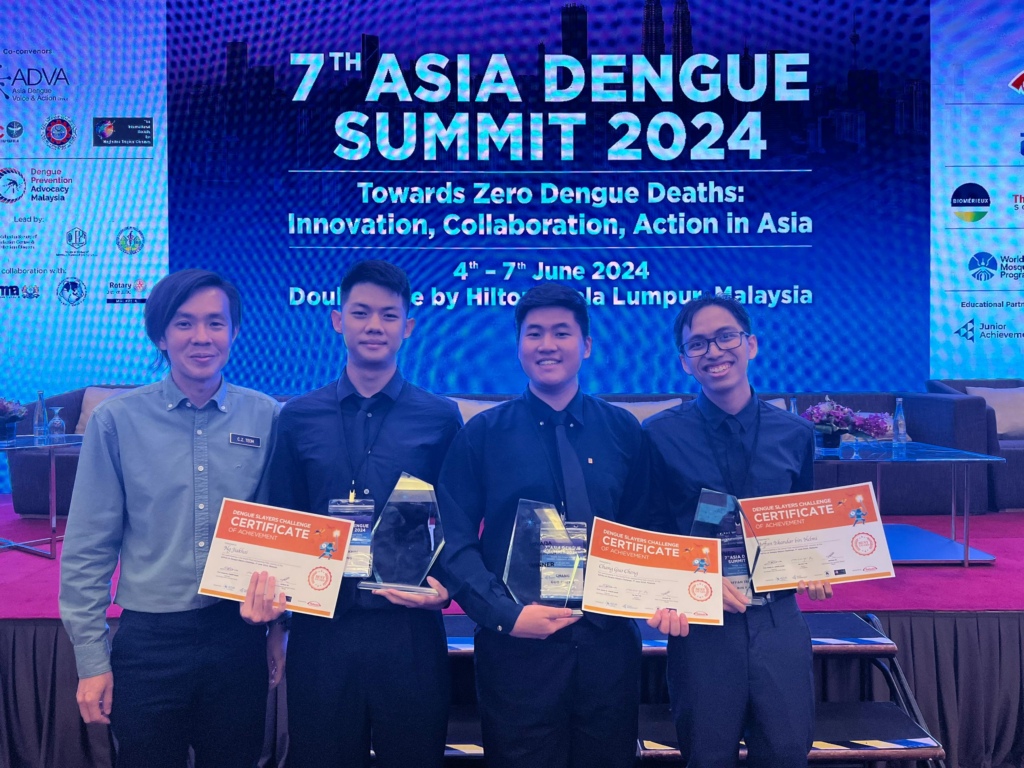
Team WingWard: From left, Ng Jiakhai, Chang Guo Cheng, Irffan Iskandar bin Helmi
In this challenge, teams competed against each other by establishing innovative and potentially viable solutions to address dengue endemic problems. The teams could select one of the 3 topics below as their challenge:
- Outreach
- Surveillance and Epidemiology
- Vector Control: Prophylaxis/Prevention
- When did you first hear about dengue?
Irffan Iskandar bin Helmi: I first heard about dengue when one of my classmates contracted the illness when i was very small. Watching them struggle with its impact left a deep impression on me, sparking my resolve to contribute toward preventing and addressing the effects of dengue.
Ng Jiakhai: Back when Astro and RTM were still my source of entertainment, there were many short videos in between advertisements raising awareness about the dangers of dengue and urging the public to take initiatives to prevent dengue fever from spreading.
Chang Guo Cheng: I first learned about dengue when I was young through newspapers and later studied it more formally as part of the Form 6 STPM syllabus. It was shocking to realise how dangerous dengue is and how terrifying it is that mosquitoes can transmit the disease in such a short period of time.
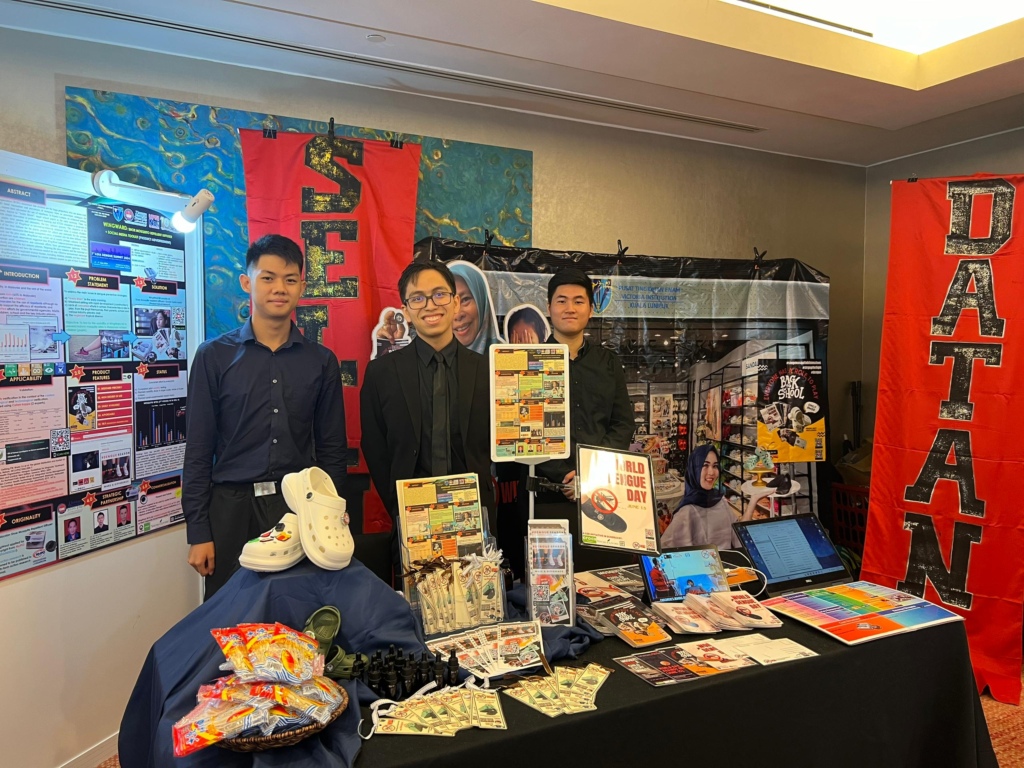
The winning team at their booth during the Grand Finals at Kuala Lumpur, Malaysia.
- Tell us a little about your backgrounds.
Irffan: I am currently a student at Victoria Institution, with a strong focus on biology. I have a history of participating in various competitions, which has helped me build both knowledge and confidence. My aim has always been to create a positive impact, whether through academic achievements or community-based projects.
Jiakhai: I am currently a Form 6 STEM student from Victoria Institution aiming to major in health sciences in the future. I came from a family of filmmakers who have taught me to support good causes and make a lasting impact on helping others. Combined with my passion for STEM and careful consideration, I decided to take on this path.
Guo Cheng: I am a former student of Victoria Institution, now continuing my studies as an STPM student with a focus on science subjects, including biology and chemistry. I have developed a deep interest in the wonders of science and how it works. My goal is not only academic success; I also strive to give back to the community I grew up in, repaying its support through my achievements and contributions.
- How did you become part of this award-winning team?
Irffan: I learned about this competition when ADVA, visited our school. Their presentation inspired me and the dengue slayer competition they announced formed a interest within me, and I felt this was a perfect opportunity to combine my passion for biology and making a difference. I immediately approached a few of my close friends, and together, we formed our team to enter the competition.
Jiakhai: As I arrived at Victoria Institution as a transfer, I was blessed to receive the opportunity to learn about the Dengue Slayers Challenge by ADVA in collaboration with JA Malaysia. I was very happy to meet 2 other students who both shared similar interests, who became my teammates of this winning team and best friends.
Guo Cheng: It was an honor to have a friend as my teammate who shared the same thoughts when we discussed dengue as an important issue after ADVA, the organizer, visited our school to give a talk on it. That conversation sparked our decision to put effort into planning and creating an outreach program to help others understand the impact of dengue on lives.
- What does your role in the team involve?
Irffan: My role involved initiating partnerships, specifically securing a meeting and establishing a deal with BATA, a well-known shoe company. This partnership was crucial to support our campaign and increase our project’s reach. I was also charged with managing the resources of our team to ensure we have everything.
Jiakhai: I took on the role of researching and analysing data to innovate on the prototype that we came up with. My task includes measuring statistics on effectiveness of our product such as duration of effect and effectiveness of repelling mosquitoes ,studying behavioral patterns of mosquitoes, as well as analysing statistics on dengue cases in Malaysia and parts of the world, especially on school children, our main focus.
Guo Cheng: In my team, I took on the role of gathering information on how dengue affects daily life by consulting sources like magazines, newspapers, and articles. I also planned and conducted interviews with past dengue victims to learn about the side effects they suffered and the circumstances that led to them being bitten by mosquitoes. Afterward, I compiled all the valuable information, along with data analysis researched by my teammate Jiak, into a brochure for people to review. I also designed postcards aimed at younger audiences to spread awareness about dengue and conducted several small outreach programs with my friends to educate the young one on this important issue.
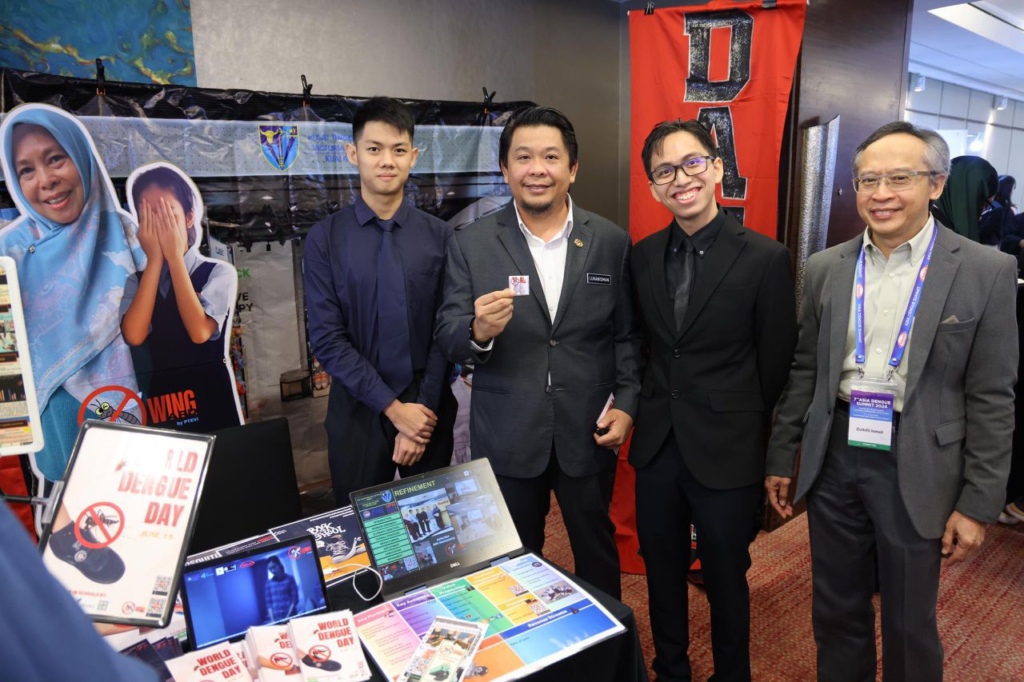
Team WingWard with YB Dato Lukanisman Bin Awang Sauni Deputy Minister of Health, Ministry of Health Malaysia, and Prof. Zulkifli Ismail, Chairman, Organising Committee 7th ADS 2024
- Do you have any personal connections with dengue?
Irffan: Yes, I have a personal connection to dengue as I was a sufferer myself. Experiencing the severity of the illness firsthand motivated me even more to be part of a project that seeks to prevent others from going through the same struggle.
Jiakhai: I was diagnosed with hemorrhaging dengue fever at the age of 14. I was in and out of the hospital for IVF treatment, measuring blood pressure and being jabbed by needles every now and then for taking blood samples. It happened in the midst of the haze season. It wasn’t a pleasant experience.
Guo Cheng: I was personally infected by dengue when I was young, and I consider myself lucky because, while I was admitted to the hospital, I witnessed many people my age and even younger suffering from much worse symptoms.
- What challenges did you face during the project?
Irffan: One of the biggest challenges I faced was securing the deal with BATA. It involved a lot of perseverance—finding the right contacts, arranging a suitable time and date for the meeting, and ensuring that we were all fully prepared. Once the deal was in place, I needed to ensure we could meet their demand and provide the necessary stocks. Of course another hurdle we had to face was to prepare ourself for the competition and trying our best there. We were all determined to do everything to the best of our ability in order to win that competition.
Jiakhai: The greatest challenge for me is public speaking in the finals. Spreading the message in schools and to the public is one thing, but presenting our project to elites in the conference alongside formidable competitors is a totally different story. I had a stage fright at first but I managed to bounce back into the game as soon as I adapted to the situation. The three of us ended up putting up a great presentation.
Guo Cheng: Reaching out to other schools in a limited time frame to organize the outreach program proved challenging, as many were already occupied with their own schedules while we had to participate in other events at our school. Garnering interest from others and helping them understand our efforts to create change in society to raise awareness about dengue comes as a second challenge. Many people do not recognize the dangers until it’s too late. A clear example is parents failing to take preventive measures to protect their children from mosquito bites because they do not view dengue as a serious issue. Capturing the attention of young people is also a challenge, as not all of them are interested in dengue. Therefore, critical thinking and creative communication are essential in our outreach efforts.
- If you hadn’t participated in this project, what would you be doing instead?
Irffan: If I hadn’t participated in this project, I would still be seeking opportunities to channel my interest in biology toward something meaningful. Most likely, I would be focusing on academic competitions or volunteering in other community initiatives, as my passion lies in making tangible, positive contributions to society as there is where my heart lies.
Jiakhai: I would most probably be doing something all students would do, studying like mad for exams, going out with friends and enjoying my student life. However, I definitely will be participating in similar projects, competitions and community service, channeling my interest in health sciences giving back to the world.
Guo Cheng: I will definitely seek other opportunities to participate in community service or knowledge-sharing programs, as long as they are within my capabilities and areas of knowledge. I believe it is my responsibility to give back to society in one way or another, as a way of expressing my gratitude for the benefits I received when I was young.

